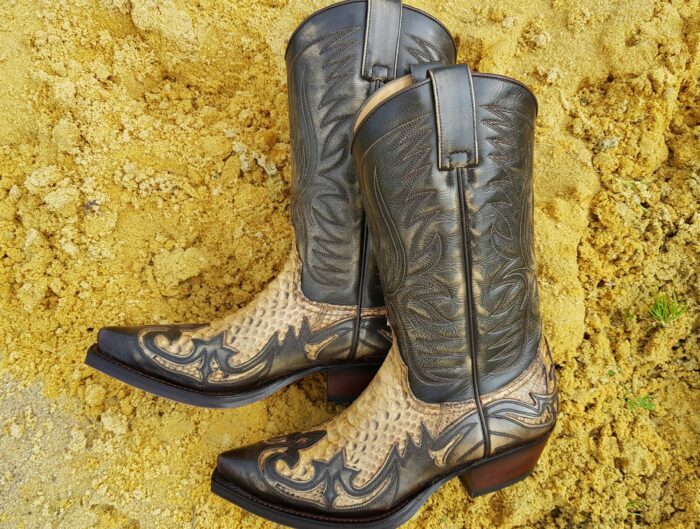The polar bears had nowhere else to go. Amy knew this. It’s why she took them in.
At first, she’d felt good about letting the two endangered animals use her guest room, but she wished she had made the offer temporary.
She used to have the place to herself, but now she had two roommates, and it was testing her patience. They ran the air conditioning 24/7. They filled the fridge with fresh seafood and packed the freezer with blocks of ice. Amy’s butter and milk had developed a fishy odor, and there was never any room for her sorbet.
What could she do? She had agreed to let them stay with her. She couldn’t ask them to pay rent because they didn’t understand the concept.
Now, she has to pee and can’t because there’s only one bathroom and the polar bears are in it. They’re taking yet another ice bath, and she knows they’ll be in there for hours.
Amy walks to the gas station on the corner in the 96-degree heat.
As usual, the lady behind the counter seems annoyed, so Amy makes a point of buying something before asking for the bathroom key.
She is trying to eat less junk food, so she skips the candy rack and the chip section and considers her other options. The imitation Ray-Bans are $8.99. Too expensive. She picks up a 99 cent keychain that says, “I (palm tree) Los Angeles.”
As she pays for it, she wonders what the palm tree even means. Is there a pun or a joke she’s not getting, or do people associate palm trees with L.A.? She asks for the bathroom key, still trying to puzzle it out. “I palm Los Angeles? I tree Los Angeles?”
She sighs. She paid 99 cents for a vexing piece of crap when all she really wants is the polar bears gone.
This thought makes her feel like a shitty person and a terrible activist — after all, she volunteered for this. The bears’ home is gone forever. It straight-up melted. Humans ruined the world for everyone, and now there’s no turning back.
As she sets the key back on the counter, Amy feels a surge of compassion and decides to do something nice for her roommates, who are basically environmental refugees. She doubts they’d want homemade cookies or muffins, but maybe a nice salmon mousse?
Instead of heading back to the apartment, she changes direction and walks to the grocery store half a mile away.
As she walks, she looks up recipes on her phone and finds one that seems pretty easy. It’s too hot to be walking anywhere, and by the time she gets to the store, she feels dizzy. She buys a Powerade, gulps it down, and starts shopping for the ingredients — salmon fillets, sour cream, dill. Once she has everything, she takes a rideshare home so the fish won’t spoil in the heat.
She starts on the recipe right away. By the time the polar bears finish their bath, the mousse is chilling in the fridge. She invites them to help themselves, and they do so with enthusiasm, but she can see the effort in their eyes. She remembers that polar bears typically eat fish straight from the ocean and tells them, “There was raw salmon leftover if you’d rather have that.”
Amy is hungry, so she eats the mousse herself. She opens a sleeve of saltines, sits on the couch, and scoops it from the bowl one crackerful at a time.
The bears join her in the living room, each with a hunk of pink salmon in one paw. They sit on either side of her, their massive bodies filling the couch.
Amy puts on the episode of Ocean Planet about the Arctic, the one they’ve all watched a hundred times, even though it always makes them cry.
Tomorrow, she’ll notice the couch is starting to smell like fish, and her frustration with the bears will return. For now, for tonight, she and her roommates understand each other. They are doing their best to get along. ◆
Art by Na Liu


